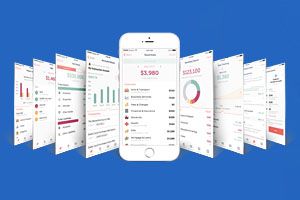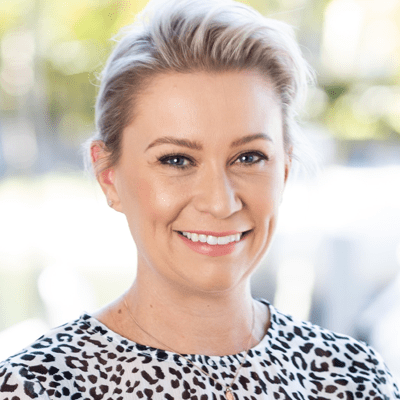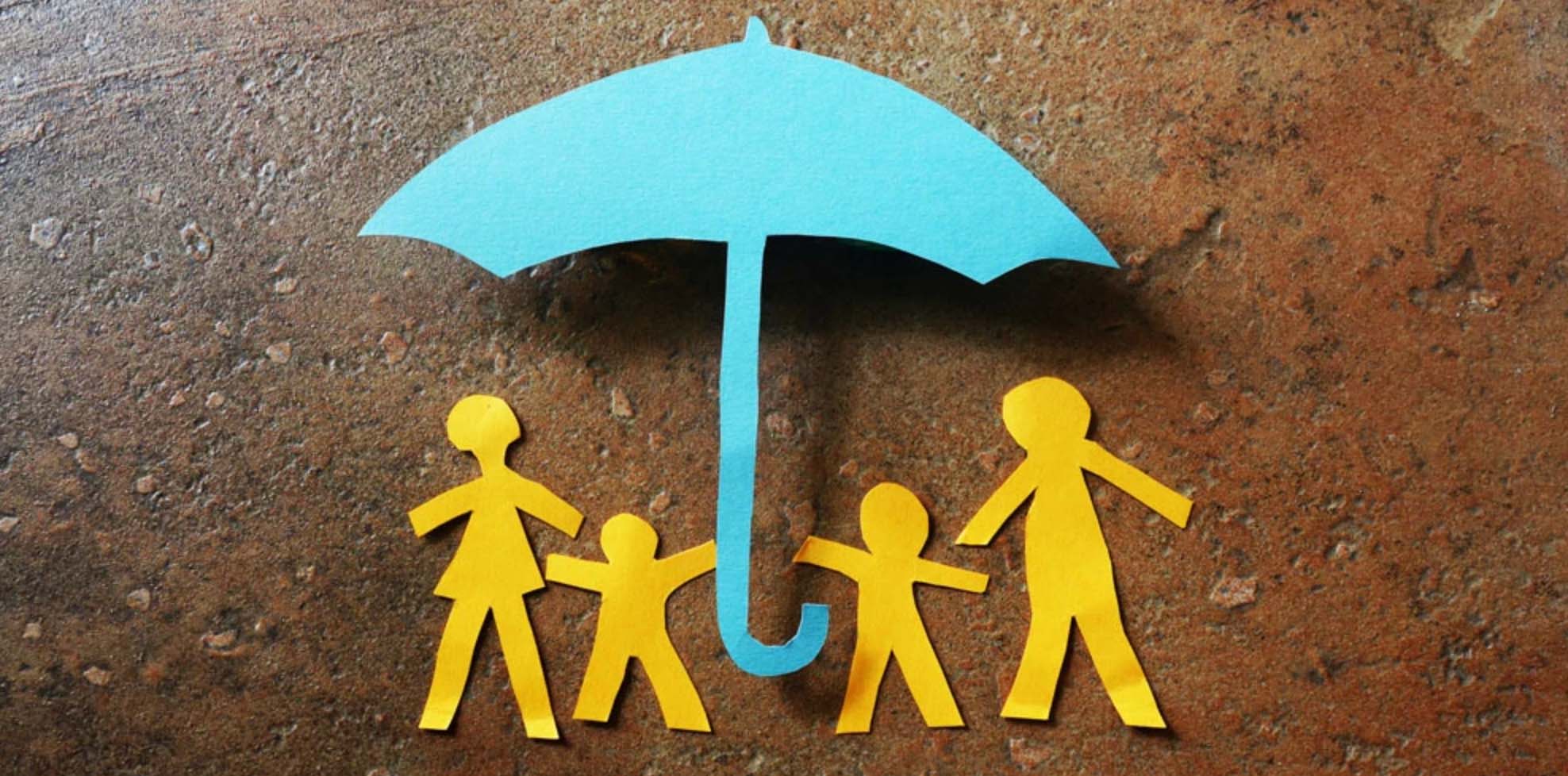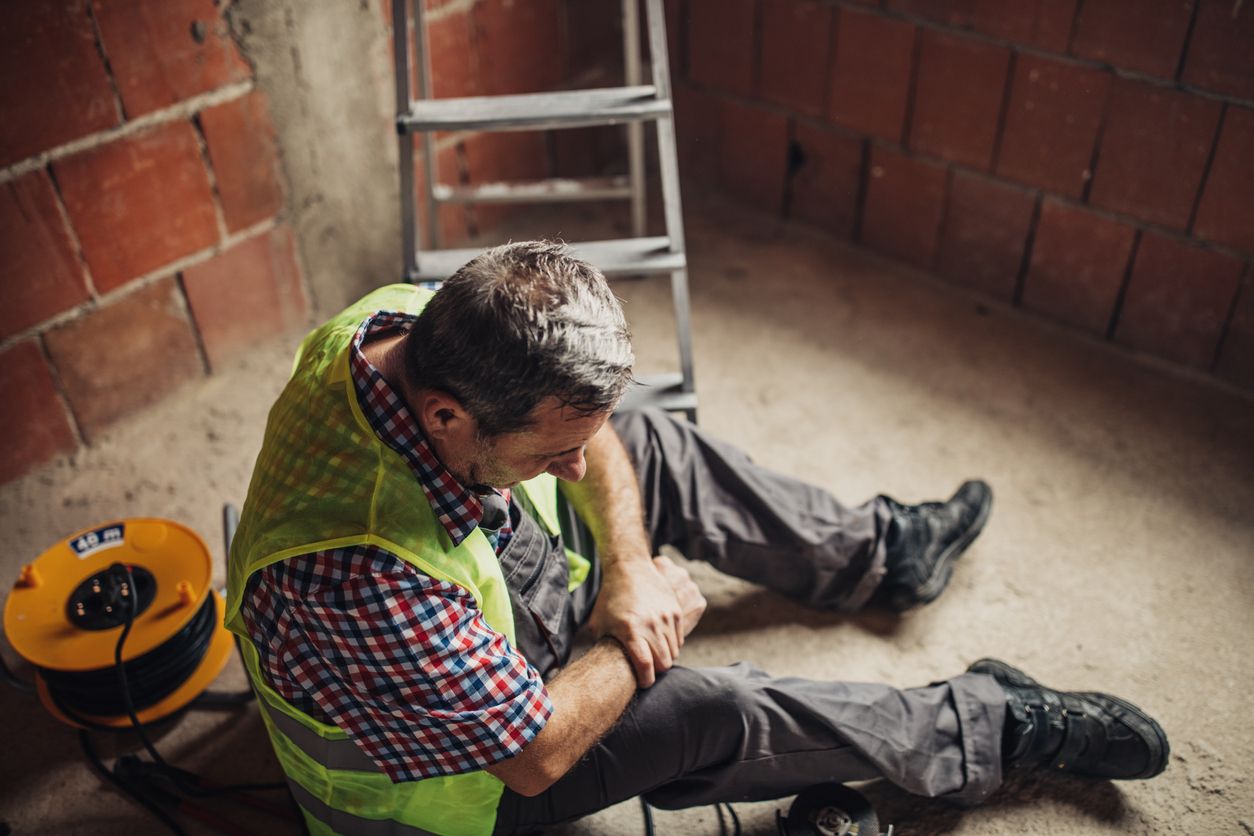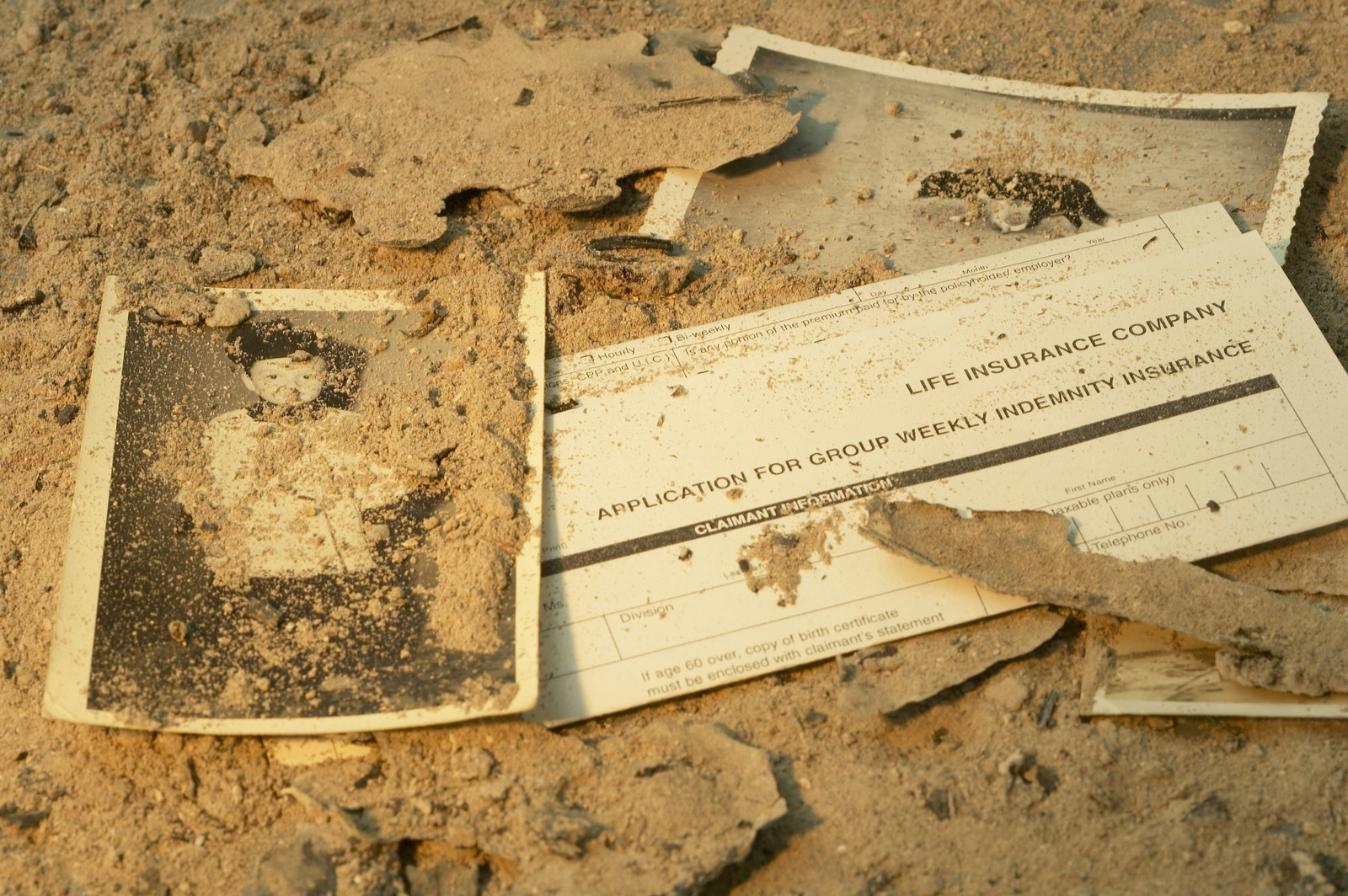
How my boss tried to rob me of $11,709 in super – and how I got it back
Annie* told her story to Together Australia about how she found out her boss had not paid her thousands of dollars in super.
My former boss was never going to be the angelic face of ethical business. But paying casual employees cash under the table is a different ball game to falsifying three years of my super contributions, leaving my account almost empty after years of hard work.
I started with the hospitality company when I was 19 and like anyone else, I worked hard, established great friendships and worked my way up the ladder. For a part-time university job, it was a dream, I felt appreciated and thought I was making a difference.
Opening my super account nine months after resigning to see a measly $2000 was a tough pill to swallow. But realising the workplace I was so proud of and gave my all to for three years had stolen more than $4000 left a horrible dry lump in my throat.
The most horrifying part of it all – I only found out by chance.
Earlier this month, the close of the superannuation amnesty period uncovered close to half a billion dollars in unpaid super that 393,000 employees had not filed for or did not realise was missing.
Assistant Minister for Superannuation Jane Hume, said: “The superannuation amnesty has been a very successful initiative, reuniting Australians with money that in many cases they didn’t even know they were owed”.
As a young woman, living at home and working part-time to save for a holiday or a new car, the money heading into my retirement fund was the least of my worries.
But I caught a glimpse of a news report encouraging young Australians to check their super balance, and I thought: “Sure, it won’t be me, but why not check”.
The latest ATO data, covering a 6-year period, says an estimated $2.85 billion is missing between the value of super guarantee contributions and actual super guarantee contributions made. However, just 35,400 reports of superannuation non-compliance have been made since 2019.
I remember feeling embarrassed for not having noticed the more than $4000 missing. How could that have happened? I checked every payslip vigilantly.
They were all correct. Each week, my very legitimate email from Xero would come through with the full break down, amount paid into my super, correct account number and all.
Somewhere between the bookkeeper and the man who owned the business, my super ended up in his back pocket. Each day I returned bright eyed, bushy tailed and ready to do his business proud, his back pocket got fatter and fatter.
To cut a sob story short, I filed with the Australian Taxation office within about 5 minutes of realising my money had been stolen and the investigation has since been found in my favour.
I realised how lucky I was in that $4000, whilst it would amount to a lot more by the time I retired – Hesta’s calculator reckons $11,709 when I am 65 – is a tiny amount compared to my colleagues. Some were owed triple that.
I had also moved on from the job by the time I noticed.
The ATO encourages anyone missing Super to talk to their employer. Don’t be afraid to ask how often they’re currently paying your super, which fund they’re paying to and how much they are paying. Then you can take the time to confirm how much your super fund has received by checking your member statements, keeping in mind it is usually paid quarterly.
Industry Super Australia (ISA) analysed recent ATO data and discovered that the unpaid super gap is widening, with the number of workers missing funds increasing by 90,000 employees in just three years.
The report also identified three factors putting you at risk:
- Being aged under 35;
- Having a wage under $30,000 per annum; and
- Working as a machinery operator, a labourer or a technician or trade worker.
ISA estimates that 2.13 million of the 2.85 million super guarantee eligible people who are underpaid have one of these main risk factors – adding up to an astonishing 75 percent.
Let this be the news story that encourages you to check your super balance.
It’s slowly making its way back into my account now. And thanks to compound interest, it could mean a quarter of a year of average income when I am retired.
It may not seem much now. But looking into the future, who knows what that could mean to my life.



